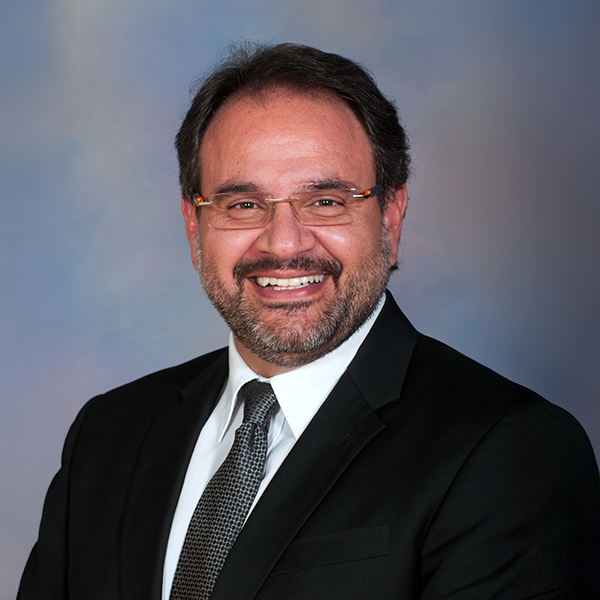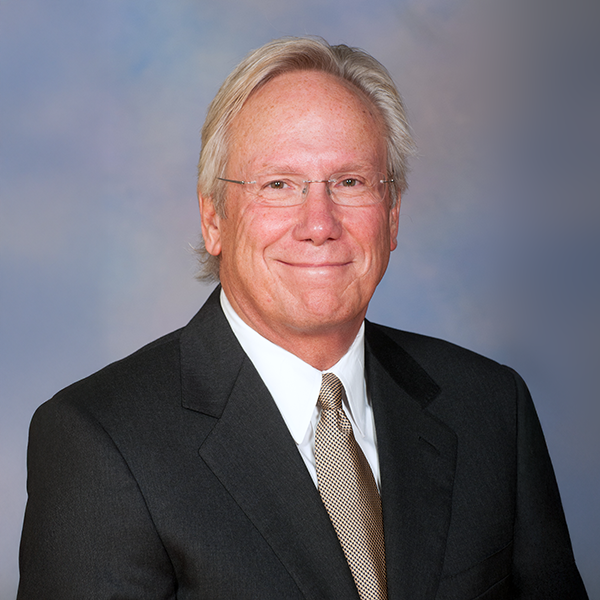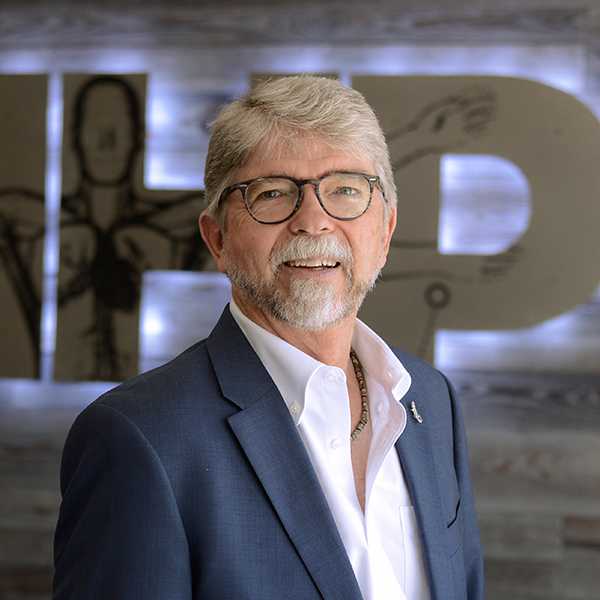Human Performance Concentration
Explore this concentration for the Master of Science in Applied Physiology & Kinesiology.
About This Program
The Human Performance concentration is a non-thesis track within the Master of Science degree in Applied Physiology and Kinesiology (M.S. APK). The concentration allows students to advance their knowledge and skills in the sport and exercise physiology, motor learning, sport nutrition, strength and conditioning, and sport and exercise psychology.
Students graduating from the M.S. APK degree program will acquire valuable knowledge and skills that can be broadly applied to promote scientifically based interventions that enhance motor performance and optimize physiological response to exercise or physical activity.
Previous graduates have successfully entered careers as practitioners within sport organizations, corporate fitness programming, health agencies, educational institutions and tactical professional training programs. Additionally, numerous graduates have continued training within the allied health fields or research-intensive Ph.D. programs.
Program Requirements
Concentration Courses (18 credits)
Concentration courses are designed to provide students with a foundation in the science of Human Performance.
Elective Courses (18 credits)
Elective courses allow students to further specialize their knowledge and skill sets within Human Performance.
Comprehensive Final Examination
Before graduating, each student must demonstrate proficiency across the curriculum by successfully passing a written final examination administered by their advisory committee.
Students take one course from each fundamental topic area to meet the 18 credit hour Concentration Courses requirement.
Fundamentals in Exercise Physiology
- Physiological Bases of Exercise & Sport Sciences: APK 6116 (3 credits)
- Advanced Exercise Physiology: APK 6170 (3 credits)
- Human Pathophysiology for the Exercise Sciences: APK 5133 (3 credits)
Fundamentals In Research
- Research Methods: HLP 6535 (3 credits)
- Applied Sport Science & Analytics: APK 5702 (3 credits)
Fundamentals in Exercise Conditioning
- Strength and Conditioning for Beginning Practitioners: APK 5107 (3 credits)
- Strength & Conditioning: APK 6176 (3 credits)
- Neuromuscular Adaptations to Exercise: APK 6118 (3 credits)
- Tactical Strength and Conditioning: APK 6611 (3 credits)
Fundamentals in Assessment
- Biomechanics of Human Motion: APK 6226 (3 credits)
- Assessment in Exercise Science: APK 5127 (3 credits)
- Kinetic Anatomy: APK 5102 (3 credits)
- Corrective Exercise: APK 6320C (3 credits)
Fundamentals in Behavioral Aspects of Performance
- Sport Psychology: APK 5404 (3 credits)
- Performance Enhancement: APK 6408 (3 credits)
- Nature & Bases of Motor Performance: APK 6205 (3 credits)
- Emotion & Attention in Sport: PET 5936 (3 credits)
Fundamentals in Sports Nutrition
- Nutrition Aspects of Human Performance: APK 6167 (3 credits)
- Ergogenic Aids: PET 5936 (3 credits)
APK/PET courses not counting towards a Concentration Fundamental Topic
- Independent Study: APK 6900 (1-3 credits)
- Advanced Practicum: APK 6940 (1-3 credits)
- Graduate Internship in Applied Physiology & Kinesiology: PET 6947 (3-9 credits)
- Athlete Development: SPM 5181 (3 credits)
- Sport Law: SPM 6726 (3 credits)
- Sport Sociology: SPM 5016
- Sport Finance: SPM 5506 (3 credits)
Note: 1000–4000 level courses within the department and 1000–2000 level courses outside the department are not eligible to count toward the graduate degree requirements.
Before graduating, each student must complete a written final examination administered by their supervisory committee to show proficiency and practical competency in their area of concentration.
Note: These courses do not count toward a graduate degree program:
- Fitness Assessment & Exercise Prescription (at U.F. APK 4125C)
- Integrated Principles of Biology (at U.F. BSC 2010)
- General Chemistry (at U.F. CHM 2045)
- Fundamentals of Human Nutrition (at U.F. HUN 2201)
- Applied Human Anatomy (at U.F. APK 2100C)
- Applied Human Physiology (at U.F. APK 2105C)
- Physiology of Exercise & Training (at U.F. PET 3110C)
- General Psychology (at U.F. PSY 2012)
Looking for an online option?
The Master of Science in Applied Physiology and Kinesiology program is also available online.















